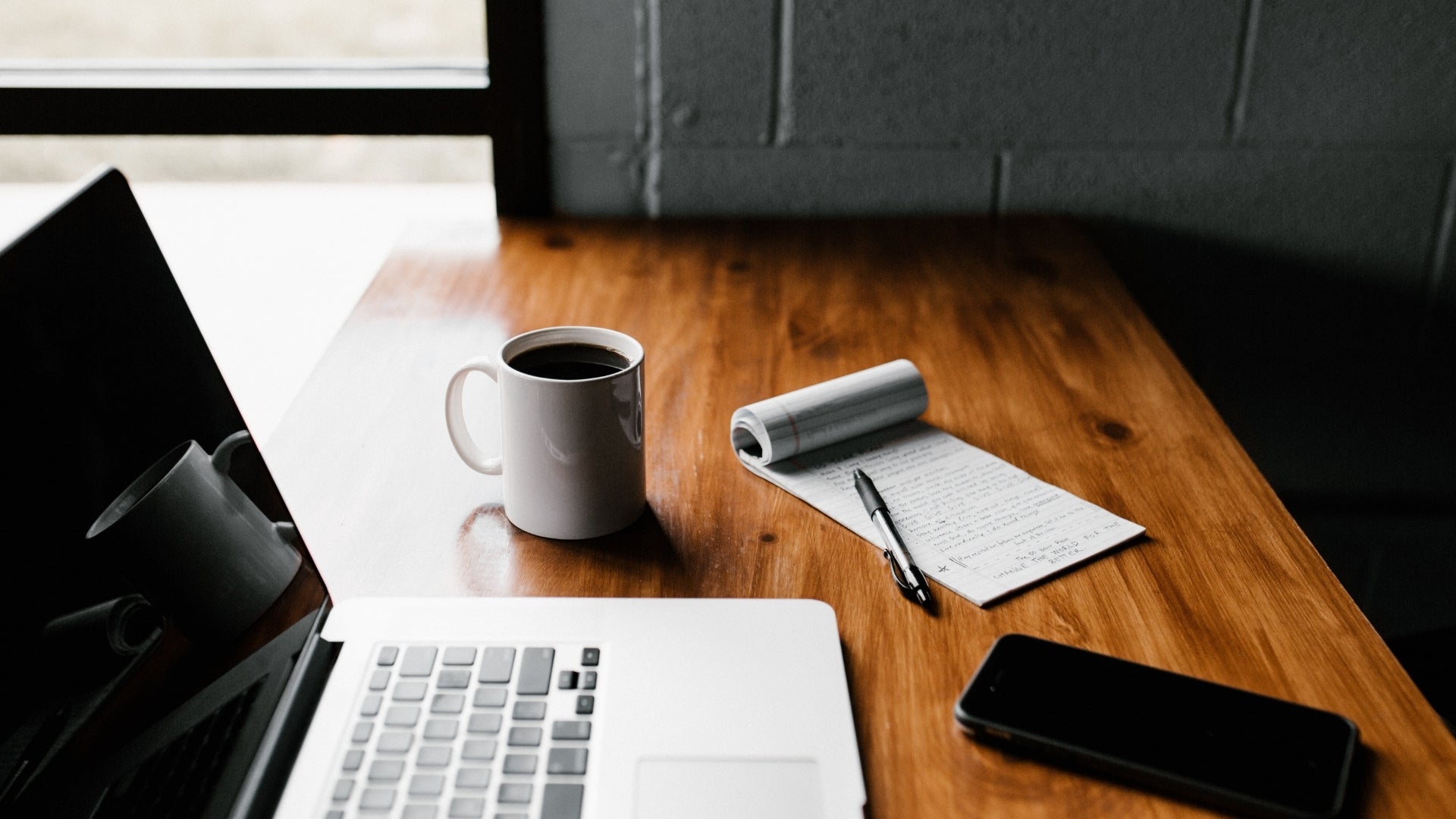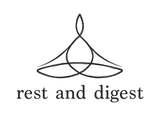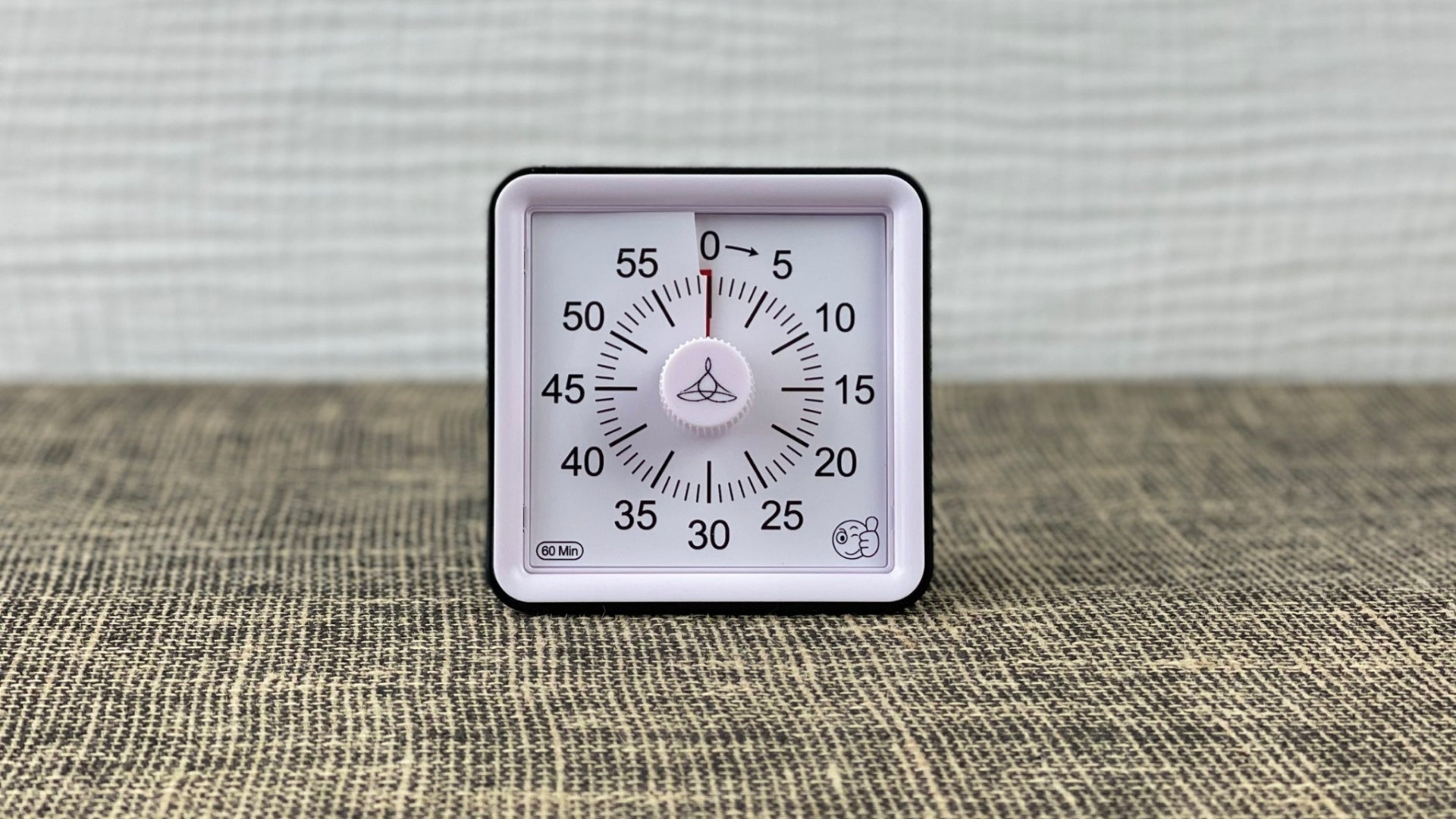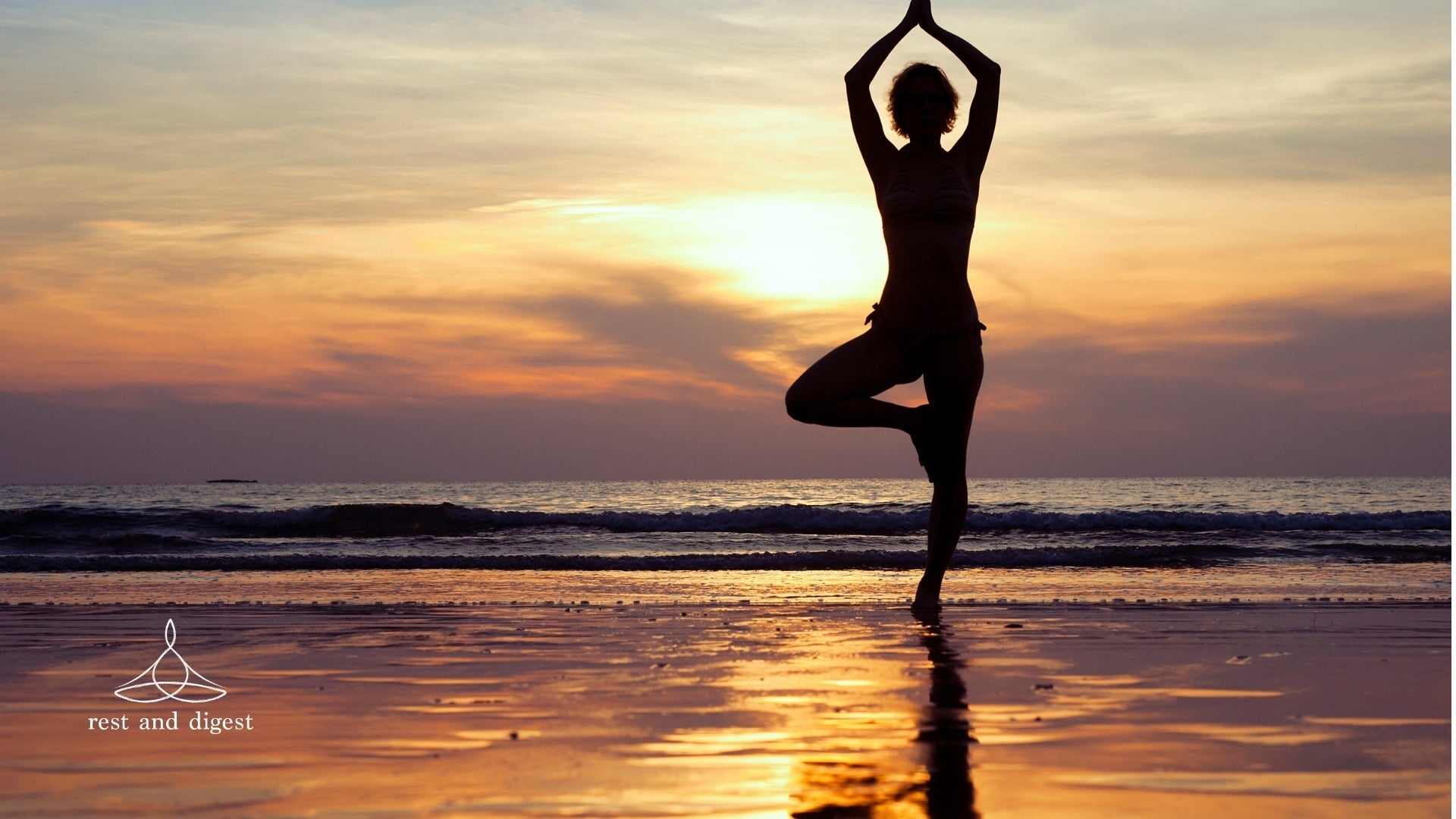Article: Managing Time While Working From Home

Managing Time While Working From Home
A challenge for many of us is figuring out a new way to work now that we are doing it from home. There are constant interruptions and many of these are unavoidable. Whether it be from other members of your household, your pet, the postie, the phone, the list goes on. Being out of our normal comfort zone can also lead to us becoming more readily distracted.
Yoga and Time Management
How are yoga and time management linked? There are a number of ways actually. But first, a look at Patanjali’s 8 limbs of yoga. Many of you may already be aware of two of the limbs of yoga:
- 3rd limb of yoga - Asana – these are the physical postures of yoga
- 4th limb of yoga - Pranayama – the breathing techniques of yoga
These 2 limbs of yoga are gateways to help us bring our mind to a still space.
Another of the limbs of yoga that we will focus on here is Dharana. Dharana is the 6th limb of yoga and means focused attention or concentration of the mind. In applying or achieving this state, we also need to bring in the 5th limb of yoga which is withdrawal from the senses and external stimulation.
I won’t go in to too much depth regarding the 8 limbs of yoga here and instead save that for another post.
Focus

Unfortunately, our ability to focus and tune out outside distractions is affected greatly by the fact that many of us work in front of computers with a smart phone nearby. When you take note of all of these distractions, it becomes apparent that that getting quality work done will require us to fine tune our focusing skills.
If you are anything like me, over the course of an hour, there will be email notifications, Instagram notifications, phone calls, text messages, news websites, … You can see where this leads. By the time I have answered the phone call or email and gone back to the task I was attempting, I usually will have to start again because my focus was averted and I lost my place.
Pomodoro Technique
In my efforts to work smarter, not harder and make sure that the time I spend at my desk is as productive as possible, I fell upon the Pomodoro Technique by Francesco Cirillo. This technique is effectively timeboxing. This means that you allocate a certain amount of time to a task - Cirillo says 25 minutes is best - and you don't allow any distractions for that period of time.
Set the clock for 25 minutes and when the 25 minutes is up, you take a 5 minute break. This break should be away from your desk. You may choose to do 5 minutes of yoga asana or breathing techniques - pranayama. After 4 rounds of this, you can take a longer break and then start again.
I feel that it is best to adapt the method to suit yourself. Do you work better in 40 minute blocks? How many blocks will you require to complete your task?
The key is to aim to eliminate the distractions for the period of time that you have chosen. Turn your phone on to Do Not Disturb, disable notifications on your computer and shut down your mail client. Only have browser windows open that relate to the task at hand.
I have created an example of a Planner (A5 here and A4 here) that you may wish to print out and use to help you get started on your way. 
Children and Focus
For many of us, home learning has become an all too familiar reality. Just when we think the kids can go back to school – bam! - back home they come. Helping children allocate brackets of time to certain tasks and then sending them outside is a great way to help them stay focused. There is just no way that children – and even adults – should be expected to sit at their desks for prolonged periods of time without a break. Giving them a certain amount of time to complete the work required, may help them focus because they understand that there will be an end in the not too distant future. A visual count down timer can be of particular help to children.
Productivity and Stress
Why do I think that being more productive is so important? Because a lack of productivity can lead to anxiety and stress, activating our parasympathetic nervous system – our flight or fight response. It is important that we try to eliminate as much stress as we can in our lives and aim to spend more time in our rest and digest phase ie activate our sympathetic nervous system. Being able to be on top of our work and not miss deadlines or let ourselves or our colleagues down is important. Most important is using our time efficiently and spending more of it doing what we love instead of having it chewed up by distractions.





